In a world that is diverse and rapidly changing with different generations such as traditionalist, baby boomers, Gen X, Millennials, and Gen Z bringing its own unique strengths, challenges, and expectations, it has become very essential especially at such a time as this for organizations to adopt and deploy a leadership such as trans-generational leadership.
What is transgenerational leadership? Transgenerational leadership talks about a leader’s leadership approach excellent and effective enough to have an effect for many successive generations. It talks about impact that transcends generations. It refers to the ability of leaders to inspire, influence, and empower people and followers across multiple generations, promoting and fostering a shared vision and collective success that transcends age, experience, and cultural backgrounds.
If you will build a company, an organization, a conglomerate, or a multinational organization that will be sustained and stayed relevant, then such an establishment or organization must be driven by a kind of leadership that is called trans-generational leadership. Transgenerational leaders basically build bridges between generations, develop, disciple and mentor future leaders, foster a culture that promotes honor, inclusivity and respect, drive innovation and creativity, and embrace lifelong learning and growth.
So, by adopting a transgenerational leadership approach, organizations can enhance collaboration and knowledge transfer, drive innovation and growth, attract and retain top talent across generations, build a sustainable future, and create a lasting impact that benefits all generations.
So, for there to be a trans-generational organization, there must be a trans-generational leader or an adoption of transgenerational leadership approach. And every trans-generational leadership begins by building an organization with a vision. When God began with Abraham, He said look from where you are north, south, east, and west; as far as you can see, I will give to you. So, Abraham didn’t receive with His hand, he received by sight. But as much as it is true that vison is a basic and foundational criterion for establishing an organization and to get it running, it is also true that there are foundational pillars upon which the vison of every organization is founded, and these are what keeps an organization up and running sustained and stayed in relevance.
So, it is important that you have a vision, but most importantly, how you get your vision and how you run with your vison is very key. And they are a determinant factor to whether you will be trans-generational or not. What I am trying to say in essence is that it is not enough to have a vision, more importantly, the tapestry upon which such a vision must be etched must be able to portray the beauty of that tapestry for a long time. This is what trans-generational truly means.
So, having received vision from God, what are the strategy a leader must follow in order to become trans-generational? What are the 3 Strategic Leadership Secrets for Organizational Sustenance and Relevance? And How are Trans-generational Organizations Built and Sustained.
Before going into the explanation or answers to these questions, I would like to build a robust background to this thought line by painting a picture—a scenario from a Scripture below. Please read this article with an open mind I believe what the Holy Spirit will be communicating will shape our consciousness and stretch our minds.
The Bible says and I would like you to read it very carefully. But in the context of how transgenerational organizations are built and sustained. It says; “So, He came to a city of Samaria called Sychar near the plot of ground that Jacob gave to his son Joseph. 6 Now Jacobs well was there. Jesus, therefore, being wearied from His journey, sat thus by the well. It was about the sixth hour. Then a woman from Samara came to draw water.” (John 4:5-6.)
There are certain things I would like you to note from this Scripture as you proceed on this read. Firstly, the identity of the one who sat by the well. The second thing to note is the one who dug the well. So, the one who sat by the well is not the same as the one that dug the well. The third thing is the relationship between the one who dug the well and the one who sat by the well. Although the well was dug for many years, yet it was called Jacobs well. The fourth thing I would like you note is the circumstance that led Him to sitting by the well.
So, the one who sat by the well is Jesus the Son of God and the son of Jacob by lineage. Remember we are talking about trans-generational leadership. The Scripture we read says the well belongs to Jacob but he gave it to Jospeh which in the long run became beneficial to everyone who was in need of water whether a Jew or Samaritan. By this we could infer that the well became a generational blessing.
So, before the coming of the living water which is Jesus the son; the one who sits by the well, the father had built a system of sustenance that would necessarily and mandatorily aid the son to fulfil destiny and purpose. And then the next statement that follows says a Samaritan woman came to draw water, indicating the relevance, the necessity of that system; so much so that Jesus the son did not necessarily need to beg people to come to the waters, they came to it because they saw value there. The only responsibility the son had was just to sit by the well that the father had dug. This is worth reflecting on. There is something about our location, where we are sitting.
So, what were the circumstances that led to Him sitting by the well. I could see two primary reasons why He sat by the well. Number one, He was weary because He was busy doing the fathers business and He needed to drink water to replenish. The second reason was so that He could win a soul. Knowing that He didn’t come for those who are saved but for those who are lost.
So, how did the well come about? And to what purpose was the well dug? The simple answer to that question was that men dig well because they are in search of water. But the answer is more explicit looking at Genesis 26 from verse 19 to verse 22. The Bible didn’t mention to us at any point that Jacob dug a well, but as a matter of fact, Jacob’s well is only mentioned in John’s Gospel, so biblical information about it is quite limited. However, history provides more detail about the well’s original owner and its location.
Genesis 26 from verse 19 to verse 22, The Bible says. “Also, Isaac’s servants dug in the valley, and found a well of running water there. 20 But the herdsmen of Gerar quarreled with Isaac’s herdsmen, saying, “The water is ours.” So, he called the name of the well [a]Esek, because they quarreled with him. 21 Then they dug another well, and they quarreled over that one also. So, he called its name [b]Sitnah. 22 And he moved from there and dug another well, and they did not quarrel over it. So, he called its name [c]Rehoboth, because he said, “For now the Lord has made room for us, and we shall be fruitful in the land.”
See what verse 22 says; “For now the Lord has made room for us and we shall be fruitful in the land. The reason is because the Lord had provided for him a well. Just as Abraham passed down the well to Isaac, how did I know this? Verse 18 says; and Isaac dug again the wells of water which they had dug in the days of Abraham his father. This could possibly mean that Abraham handed the blessing—the well to Isaac and Isaac must have also passed down the well to Jacob who also passed it down to Joseph his son. And it continues until Jesus ultimately appeared on the scene. This is what transgenerational leadership is all about. So, because his father’s set the precedence, Jesus came riding on the results of the fathers.
So, when Jesus came on the scene, He said He is the living water and whoever drinks from that water will not thirst again. Because its springs up into everlasting life. And by saying this He was referring to the Holy Spirit. And this is why the Holy Spirit is the most important personality on the earth when the subject of exploits and trans-generational leadership has been discussed.
This leads us back to the questions raised earlier; How then are transgenerational organizations built and sustained? What are the strategic leadership secrets for organizational sustenance and relevance?
#. Number One: The first strategic leadership secret is impartation or the deposit of the spirit of that leader or the transfer of the Spirit on that leader. What is impartation? It is simply a transfer or conferment or bestowment of values, power, blessings, riches, and graces from a vessel of higher concentration upon the vessel devoid or empty of those things aforementioned. Bible says without any contradiction, the less is blessed of the better.
If your desire is for your organization to be sustained, or to be trans-generational, this point is very key and indispensable. God made a statement in Genesis 1 verse 26, “Let us make man in our image and likeness, let them have dominion.” That dominion mandate was never going to be accomplished without the help of the Spirit of God at work in man. So, in Gnesis 2 verse 7, the Bible says God breathed into the nostrils of man the breath of life and man became a being of dominion. What did the people see in the disciples of Jesus that they concluded they had been with Jesus? How was Joshua able to fit into the leadership and carry-on with the assignment of Moses? How was Elisha able to become a prophet as powerful and audacious as Elijah? How did the 70 and 2 elders able to judge accurately just as Moses did? The Spirit of the Lord came upon them.
The Bible says from the day David was anointed by prophet Samuel; the Spirit of the Lord came upon Him from that day forward. Jesus said the Spirit of the Lord is upon me. It is the coming of the Spirit that anoints you for such a task. Transgenerational leadership is a product of both yielding and giving expression to the inner working of the Spirit of God in us.
#. Number Two: A trans-generational leader must know whom, where and how to cast his burden.
1 Peter 5:7 says, “Casting all your care upon Him, for He cares for you”. For an organization to outlive you, for an organization to be transgenerational, who you cast your burden- your vision upon is very important. I know this Scripture is very familiar to you but there is a perspective, a wisdom the Holy Spirit wants us to draw from. It says cast your burden on Jesus, then it says for He cares for you. The Scripture here is giving us a guarantee, an assurance that when you cast your burden, your vision on Jesus, His care for it will be absolute. Jesus said come unto me all you who labor and are heavy laden and I will give you rest.
This is where leaders should draw wisdom; It is one thing to have a vision, it is another thing to cast that vision on the one who cares for that vision. It is one thing to have a burden, it is another thing to cast that burden on the one that cares about that burden. When your vision is casted on those who truly care, such a vision will truly be transgenerational. God placed the burden, the responsibility of saving the world on the shoulder of Jesus, Bible says the government shall be upon on His shoulders and of the increase of that government and peace there shall be no end. So, burdens become transgenerational, it increases to the degree of how much care the one who carries the burden has for the burden.
Another name or scenario given to a leader who does not care about a vision is called less-affair attitude.
As a leader, if you will build a lasting organization, a transgenerational organization, you must be diligent to identify and know how to deal with Lezz-affair attitude in that organization.
Here the watch word is effectiveness. And there is no effectiveness without fruitfulness. What does a leader do at such a scenario? He either give more time for change or improvement or uproot and cutting down. Lezz-affair attitude is the reason for unfruitfulness in an organization. Another word for fruitfulness is profiting. Jesus described His activities on earth “the fathers business.” So, Jesus cursed a fig tree because it wasn’t bearing fruit. The servant who refused to trade with his talent refused to be fruitful.
So, not spotting lezz-affair attitude in an organization could lead to either stagnation or lawlessness in that organization. So, the leader is saddled with the responsibility to either give such attitude some time or more time for improvement or such should be uprooted or cut down. The reason is because, it is encumbering the ground.
Having established this background, what then are the character of one who cares about a vision as emulated by Jesus and Apostle Paul:
#. Passion and Zeal: Passion and zeal here talks about zeal and passion that is aligned with purpose. The Bibe says the zeal of the father’s house has consumed Him. Passion and zeal is the like the fuel that drives an organization. Whether in times of excitement or in down times, in plenty or in lack the same energy, attention and focus is put into the work. Zach Toelke once said a true passion that burns within your soul is one that can never be put out.
Jesus said I must work the work of the one who sent me, for the night comes when no man can work. when His disciples came back with food and found Him discussing with the Samaritan woman, they were surprised how rejuvenated He was; He was fulfilling His purpose, He said didn’t come to those who are saved but to the lost sheep of the tribe of Israel. And when He had ministered to the woman, He felt fulfilled and satisfied. Because He knew his purpose and his passion burns in that regards. It could not be put out.
#. Focus: Another word for focus is attention, concentration, emphasis, effort, and motivation. So, if you are distracted and busy on many things as a leader, it will be difficult to make a lasting impact or do great and purposeful work. Distraction like Apostle Peter can hinder your capacity to continuously walk on water.
The Bible says looking unto Jesus. This means that your emphasis must be Jesus, your concentration, your attention, and motivation must be Jesus. There is nothing as powerful as focus. You are unstoppable to the degree of your focus. Without focus it is difficult to arrive at a desired destination. Wherever, you find focus, you will find determination and courage. That is why a leader who can successfully identify and eliminate distractions will ultimately lead trans-generationally.
In this regards Alexander Graham Bell once said; “concentrate all your thoughts upon the work at hand. The sun rays do not burn until brought to a focus.”
This means that the degree to which you will burn and make exploit for God is a function of how focused you are on God and the consciousness you have about purpose and the things of eternal value.
#. The Knowledge of God: It is one thing to know about God, it is another thing to know God. Bible says, those who do know their God shall be strong and they shall do great exploit. The degree to how well you lead an organization is a function of how much you know God. The knowledge here is not talking about knowing so many things, its about knowing Jesus. Jesus is the expression of pure knowledge, wisdom, and power. Knowing Him will ultimately empower you to make exploit. This is what I mean; John chapter 17 verse 3 says; “Now this is eternal life: that they may know you, did you see that? There is a life the knowledge of Christ produces in you; it is called eternal life. And that life is what powers exploit.
It says that they may know you as the only true [supreme and sovereign] God, and [in the same manner know] Jesus [as the] Christ whom you have sent.” This is why Apostle Paul in the same manner had this desire to know Jesus, he prayed a prayer, he said that I may know Him. There is something special about knowing God. There is a unique flavor that rubs off on you when you know Him, you will be different, your experience will be different, and your testimony will be different. So, when others are saying there is a casting down, yo will rise to say there is a lifting up for you because you know God. Daniel said you will do great exploit.
#. The Fear of the Lord: The Bible according to Isaiah 11 verse 2 talks about the Spirit of the fear of the Lord.
The fear of the Lord is such a big deal that man requires the Spirit of God to drive that process or make it possible in man. This postulates the fact that the fear of the Lord is governed or facilitated by the Holy Spirit. You will find this kind of Spirit operational in a man when you see such a man eschew evil and stays far away from it. People don’t just fear God because they want to fear God, people fear God because God is allowed to be at work in them. It is a good thing to have the fear of the Lord, and this is essential and crucial for Gods heart to be drawn towards a man. The Bible says because you love righteousness and hated lawlessness, therefore the Lord your God has anointed you more than your companion.
The Bible says the fear of the Lord is the beginning of wisdom. So, a man that fears the Lord is wise already. What does this imply? It is foolishness not to have the fear of God or downplay His existence. The Bible says only a fool will say there is no God. If a leader is leading an organization in the fear of the Lord, it means such a leader is leading the organization with the wisdom of God.
#. Number Three: Transgenerational leaders do not run an organization by leaning on their own understanding. I call this strategy as the strategy of depending on the understanding, the grace of God or the help of God.
This why as a leader, you should know that your understanding is limited compared to the understanding of God. The understanding of man is completely different from the understanding of God. Bible says Oh, the depth of the riches both wisdom and knowledge of God! How unsearchable are His judgements and His ways, His understanding past finding out. (Romans 11:33) Bible says as the heavens are higher than the earth, so are my ways higher than your ways, And My thoughts than your thoughts.
God’s thoughts are deep, wired for success and on a level where you need the Holy Spirit to communicate its essence to you. When such thoughts and ways are adopted in an organization such organization will be trans-generational. Bible says trust in the Lord with all your heart and lean not on your own understanding, in all your ways acknowledge Him and He shall direct your path. When God is acknowledged in your organization, when God direct the affairs of your organization, such an organization will not just be successful, it will be transgenerational indeed. And how will your path be directed as a leader it is via the Holy Spirit.
This is where the leader allows the Holy Spirit to express understanding as a dimension of His expression. Bible says by understanding a house is established. Your organization is established by understanding. And what ever is established by understanding is transgenerational indeed.
Thanks for the gift of your time, Apeh Francis Abah!
Feel free to share your thoughts or testimony in the comment box below. I promise to respond as soon as possible!












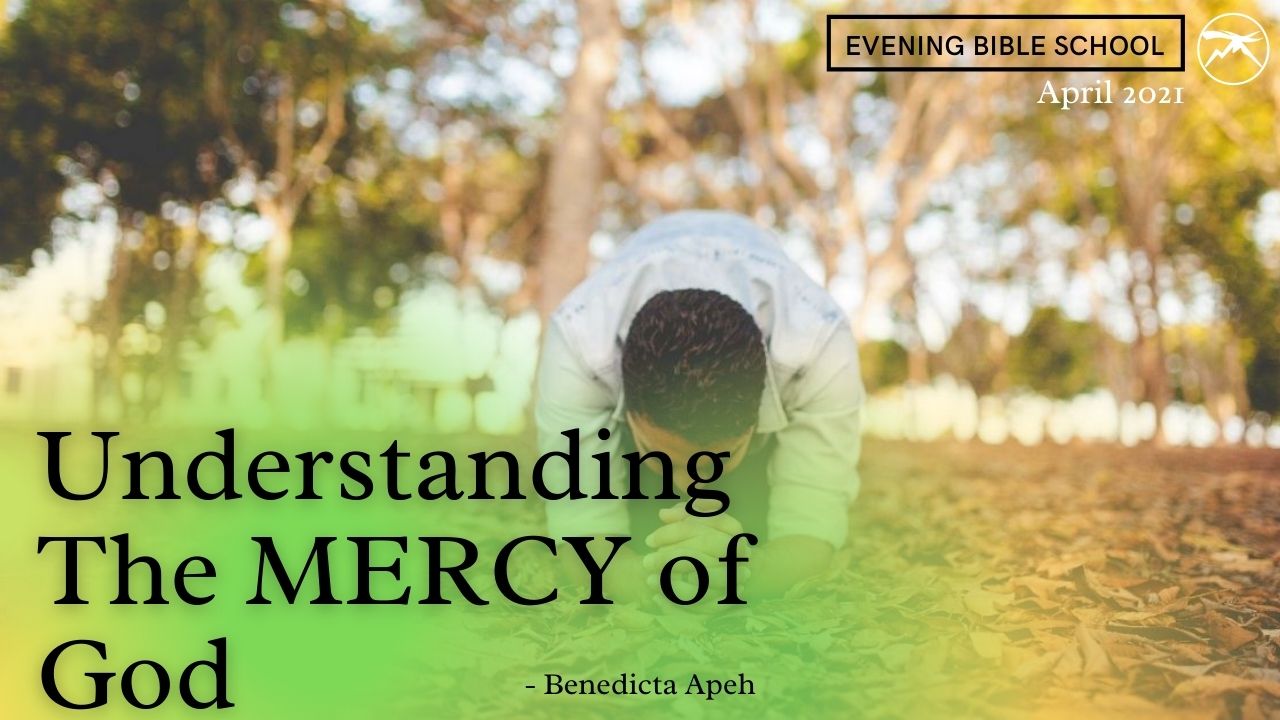
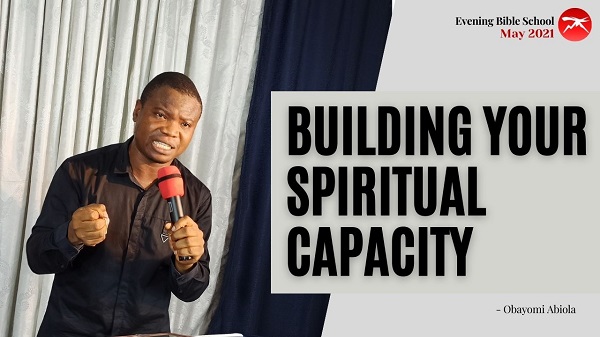







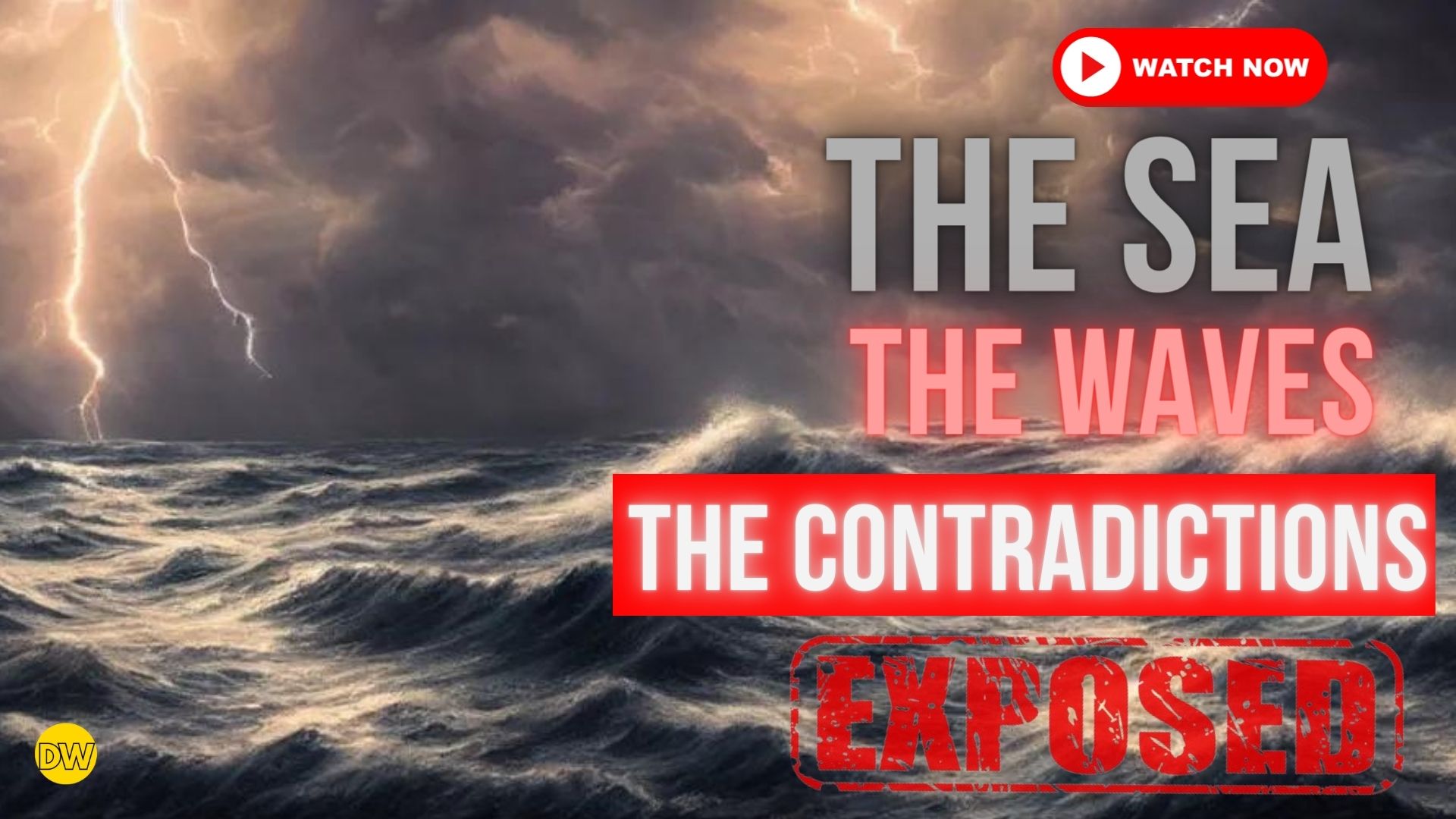









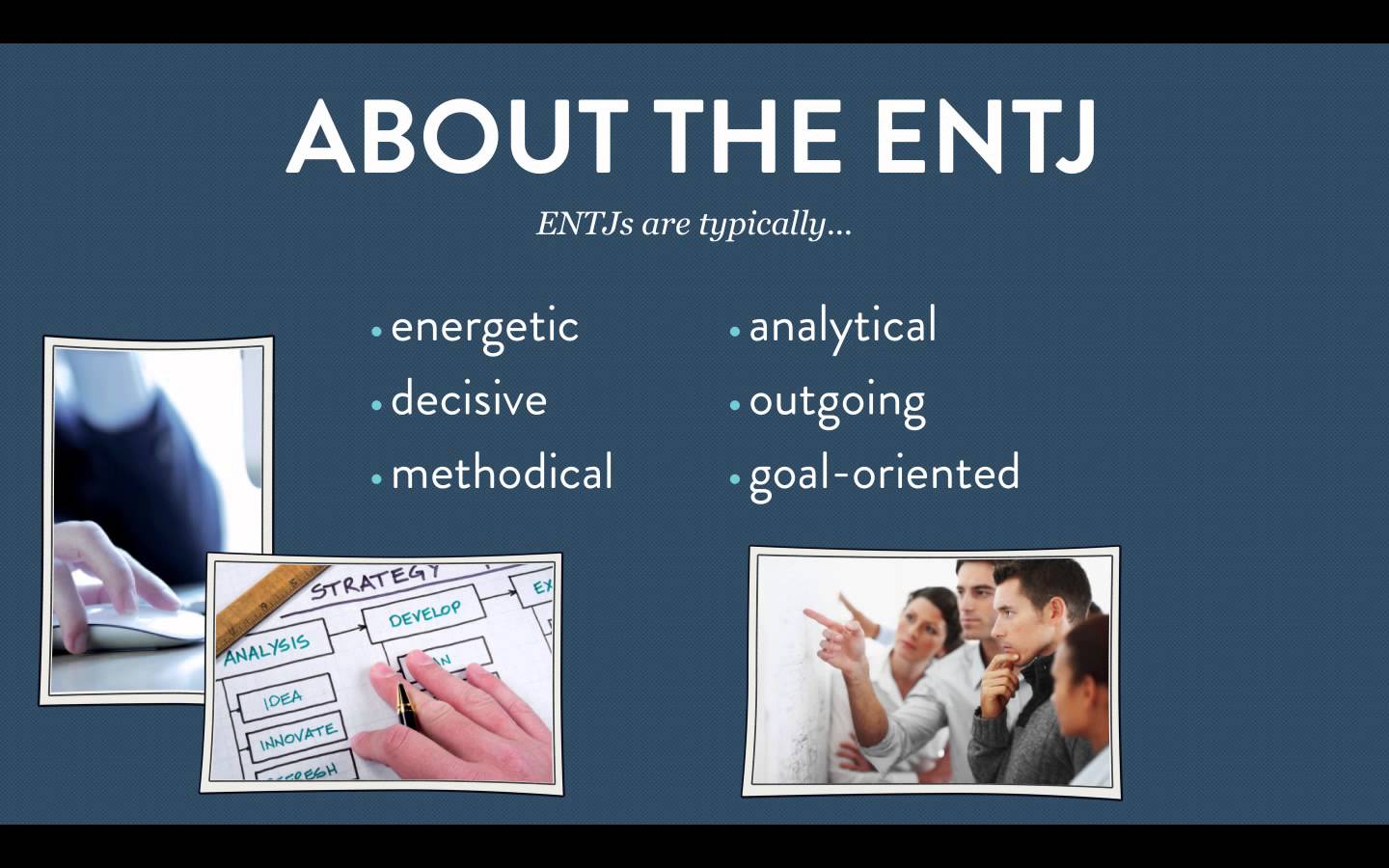








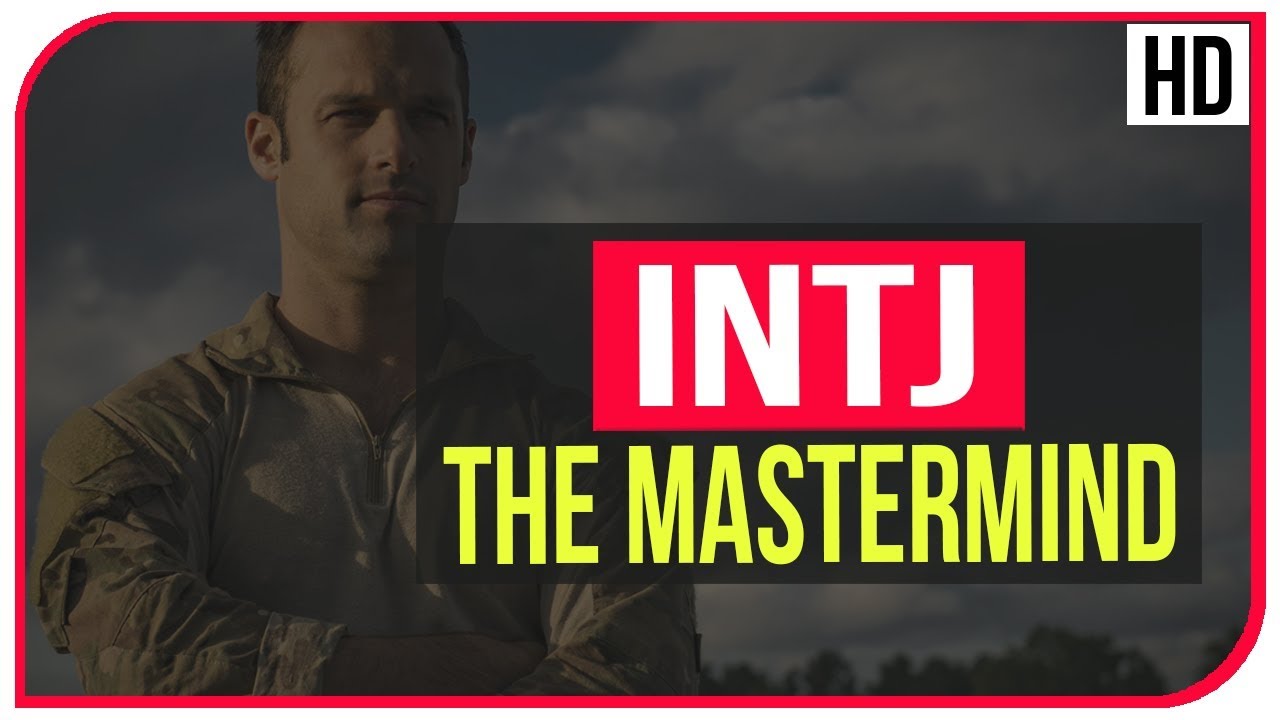


What Do You Think About This Article? Share Your Comment
Please login to post a comment!